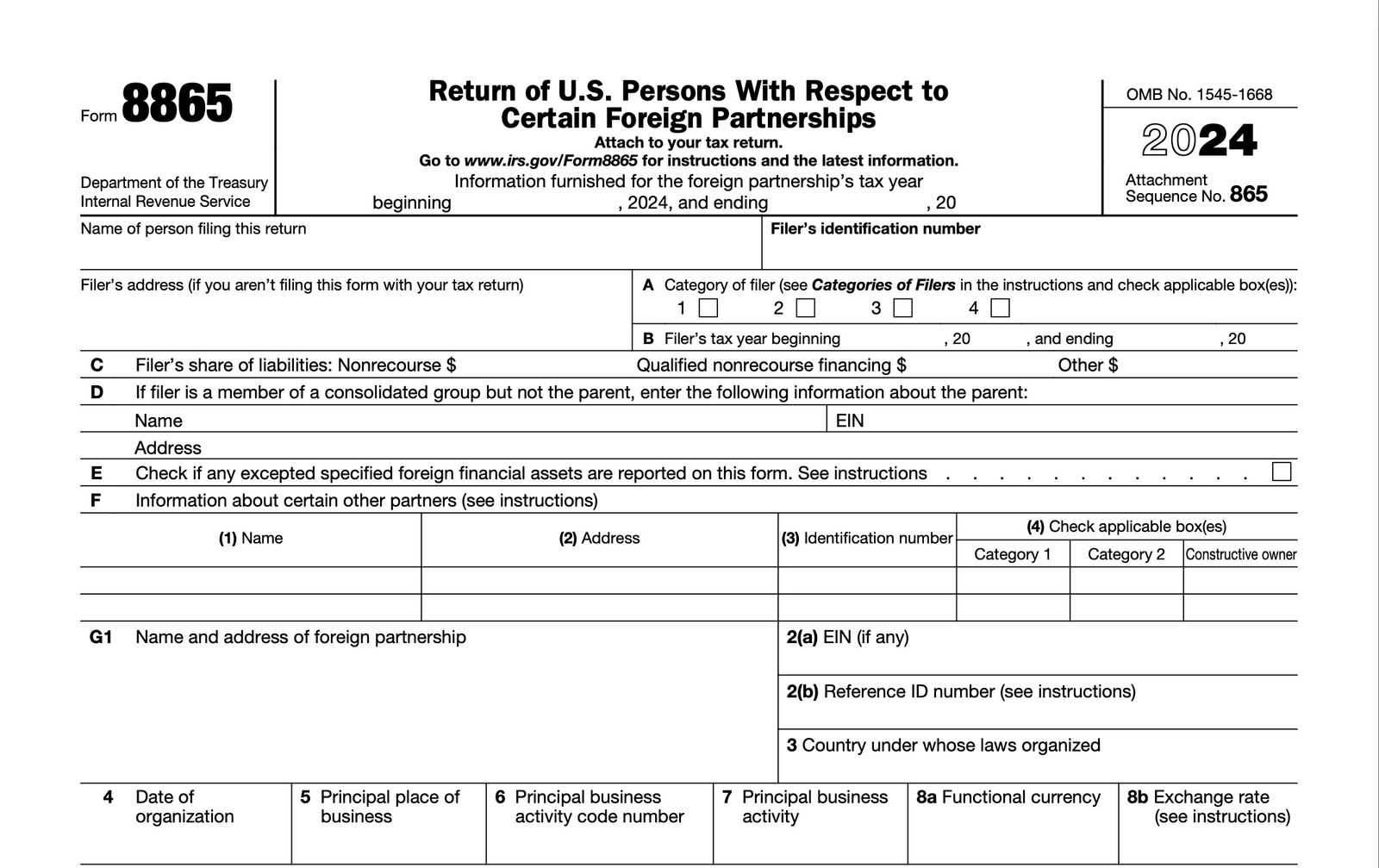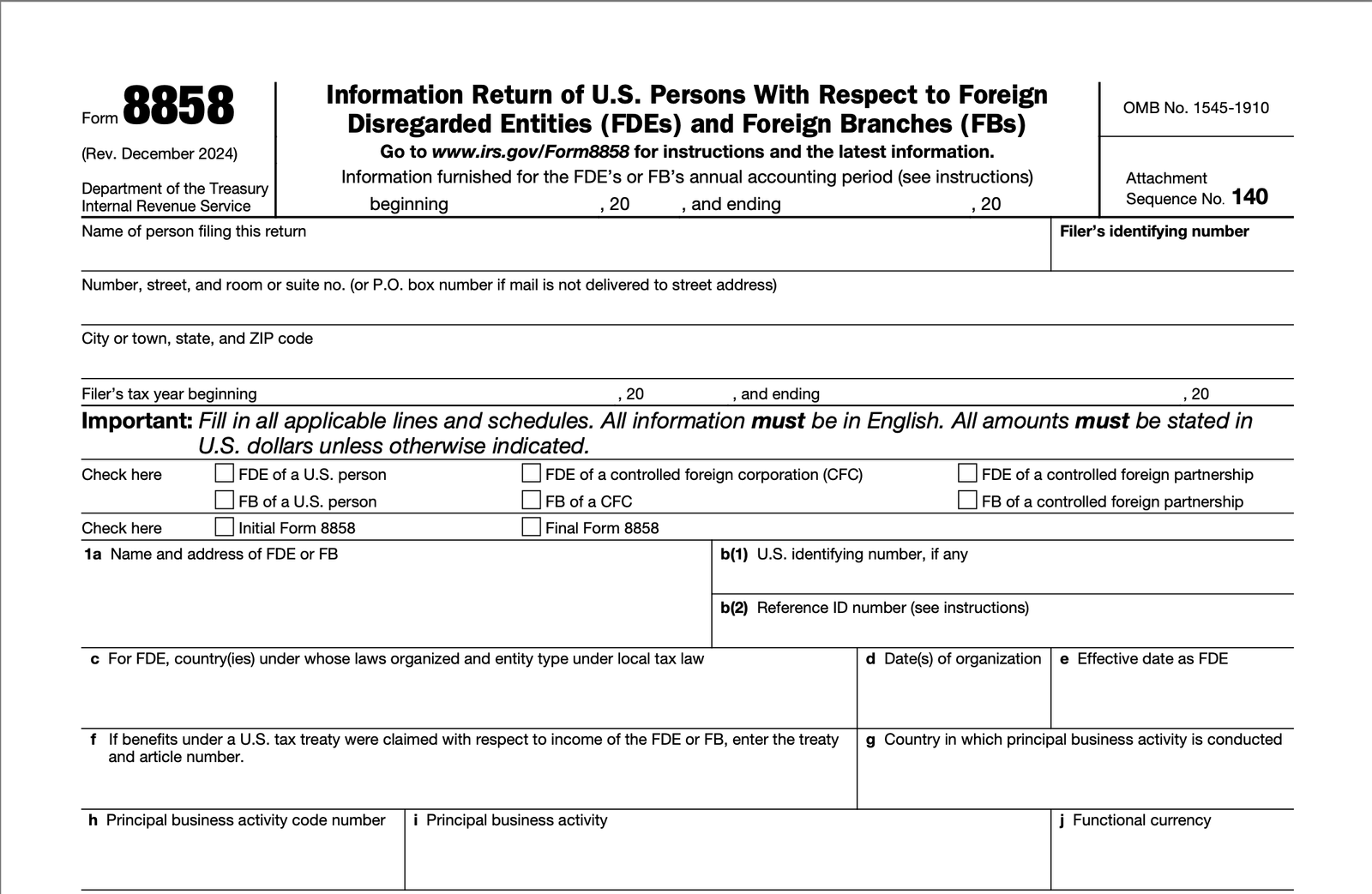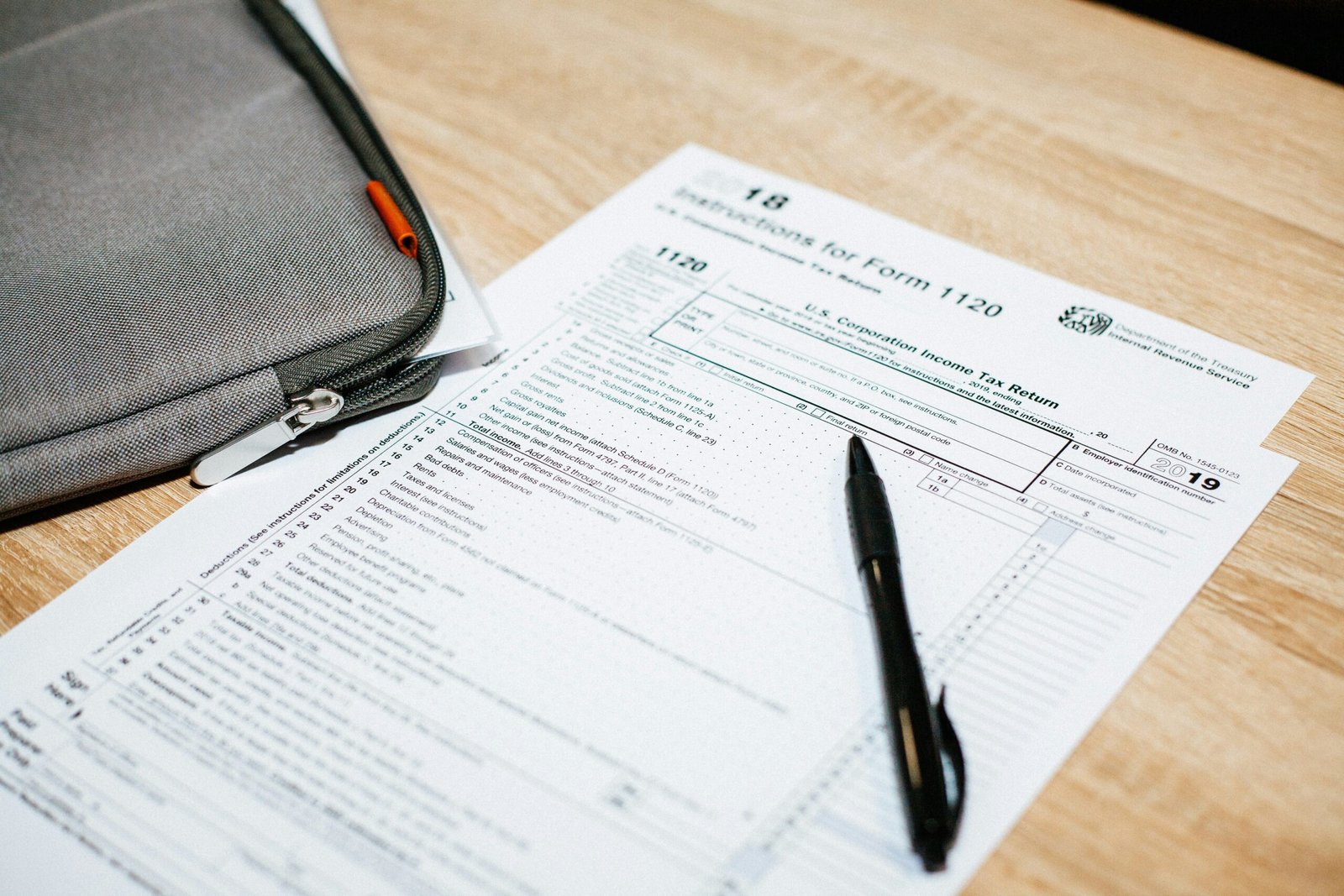Citizenship & Citizenship by decent / German Citizenship by Descent: Ultimate Guide for Americans
German Citizenship by Descent: Ultimate Guide for Americans

Roughly 19% of Americans trace their ancestry back to Germany, making German Citizenship by Descent a compelling option for those curious about reclaiming their European roots.
Whether you’re hoping to get German citizenship by descent through a parent, grandparent, or even a great-grandparent, the process can be rewarding, but also legally complex.
This guide cuts through the confusion and explains exactly how American and German dual citizenship can work through ancestral ties, whether your route is through recent ancestry or historical claims based on persecution or legal discrimination.
How German Citizenship by Descent Works
Germany follows the principle of jus sanguinis, or “right of blood.”
That means citizenship is passed down through ancestry, not by birthplace. If one of your parents was a German citizen at the time of your birth, you likely inherited citizenship automatically.
However, your eligibility depends heavily on the year you were born, your parents’ marital status, and which parent was the German citizen.
This is the legal basis for what’s often called German descent citizenship or citizenship by descent Germany.
Eligibility Criteria by Year and Family Status
If Your Parents Were Married:
- Born before January 1, 1975: Citizenship could only pass through the father.
- Born after January 1, 1975: Citizenship can pass through either parent.
If Your Parents Were Not Married:
- Born before July 1, 1993: Citizenship could only pass through the mother, unless paternity was legally acknowledged before age 23.
- Born after July 1, 1993: Citizenship can pass through either parent.
These timelines matter because prior to the legal reforms of 1975 and 1993, the rules were explicitly gendered, and many people missed out on citizenship due to historical discrimination.
German Citizenship by Grandparent or Great-Grandparent
Many Americans ask: can I get German citizenship through my grandparents? Or even a great-grandparent?
German law doesn’t explicitly offer citizenship through a grandparent or great-grandparent. But if citizenship passed unbroken through the generations—without loss due to naturalization abroad, you may be eligible.
This is where terms like German citizenship by descent grandparent, German citizenship great grandparent, and German ancestry citizenship come into play.
To make a successful claim, you’ll need to:
- Prove your ancestor was a German citizen
- Show no generation in the lineage broke the chain (e.g., through foreign naturalization before childbirth)
- Provide official birth, marriage, and naturalization documents
Jewish and Political Persecution – Article 116 Claims
If your family fled Germany between 1933 and 1945 due to Nazi persecution, you may have a right to German citizenship by descent Jewish under Article 116(2) of the German Basic Law.
You qualify if:
- Your ancestor lost German citizenship because of Nazi persecution
- You are a direct descendant
There’s no generation limit here, German citizenship by descent great grandparent may apply if the chain remained unbroken.
This is often called restoration of citizenship and can apply to descendants of Jewish Germans and others persecuted by the regime.
Fixing Past Gender Discrimination
If your German mother or grandmother was unable to pass citizenship due to outdated laws, you may qualify under new reparative provisions.
Eligible scenarios:
- Born before 1975 to a German mother and non-German father
- Lost German citizenship because your mother married a foreigner
- Born out of wedlock and later lost citizenship due to parental marriage
This is known as the declaration of acquisition under the revised German Nationality Act. You must apply by August 19, 2031.
How to Get German Citizenship by Descent – The Process
Applying involves:
- Contacting your local German consulate (if abroad)
- Compiling documentation to prove eligibility
- Waiting 6–12 months for a decision
Applicants often ask: how long does it take to get German citizenship? For descent-based claims, the answer is typically under a year—but it depends on your documents and case complexity.
What If You’re Not Automatically Eligible?
Even if you’re not a citizen by descent, you may still get German citizenship through naturalization.
If you establish residency in Germany, you may apply after:
- 6 years with integration courses
- 8 years without
There’s also a fast-track route: If you’re a great-grandchild of a German citizen, you may apply after just 3 years of living in Germany.
This makes German citizenship in 3 years possible for many Americans with heritage ties.
Germany Dual Citizenship by Descent
Germany typically discourages dual citizenship, but there are key exceptions for descent-based claims.
- If you qualify by descent, German dual citizenship by descent is often allowed
- If you qualify via Article 116 or historical injustice, you usually keep U.S. citizenship
This has led to an increase in German-American dual citizenship applications in recent years.
Note: Americans applying through residency might need to request permission to retain US citizenship.
Why a Lawyer Might Be Worth It
Because the laws are complex, many people consult a German citizenship by descent lawyer to:
- Track down old German records
- Translate and apostille documents
- Navigate timelines and bureaucracy
If your case involves a great-grandparent, Article 116, or conflicting citizenship rules, professional help may speed things up.
Searches like German citizenship lawyer or apply for German citizenship by descent are common starting points for Americans.
Advantages of German Citizenship
There are real benefits of obtaining German citizenship through ancestry:
- Live, work, and travel anywhere in the EU
- Access world-class healthcare and education
- Hold one of the world’s most powerful passports
- Pass citizenship to your children
Final Thoughts
Whether you’re applying based on recent ancestry or hoping to reclaim rights lost to persecution or discrimination, getting German citizenship can be a deeply meaningful process.
It’s about reconnecting with heritage. It’s about mobility and opportunity. And in today’s globalized world, German heritage citizenship is more valuable than ever.
If you’re wondering can you get German citizenship through ancestry, the answer is, possibly. But the details matter. And when the law is on your side, it’s worth following the paper trail all the way home.
Are you Thinking of Moving to Germany through the German Citizenship by Descent?




















